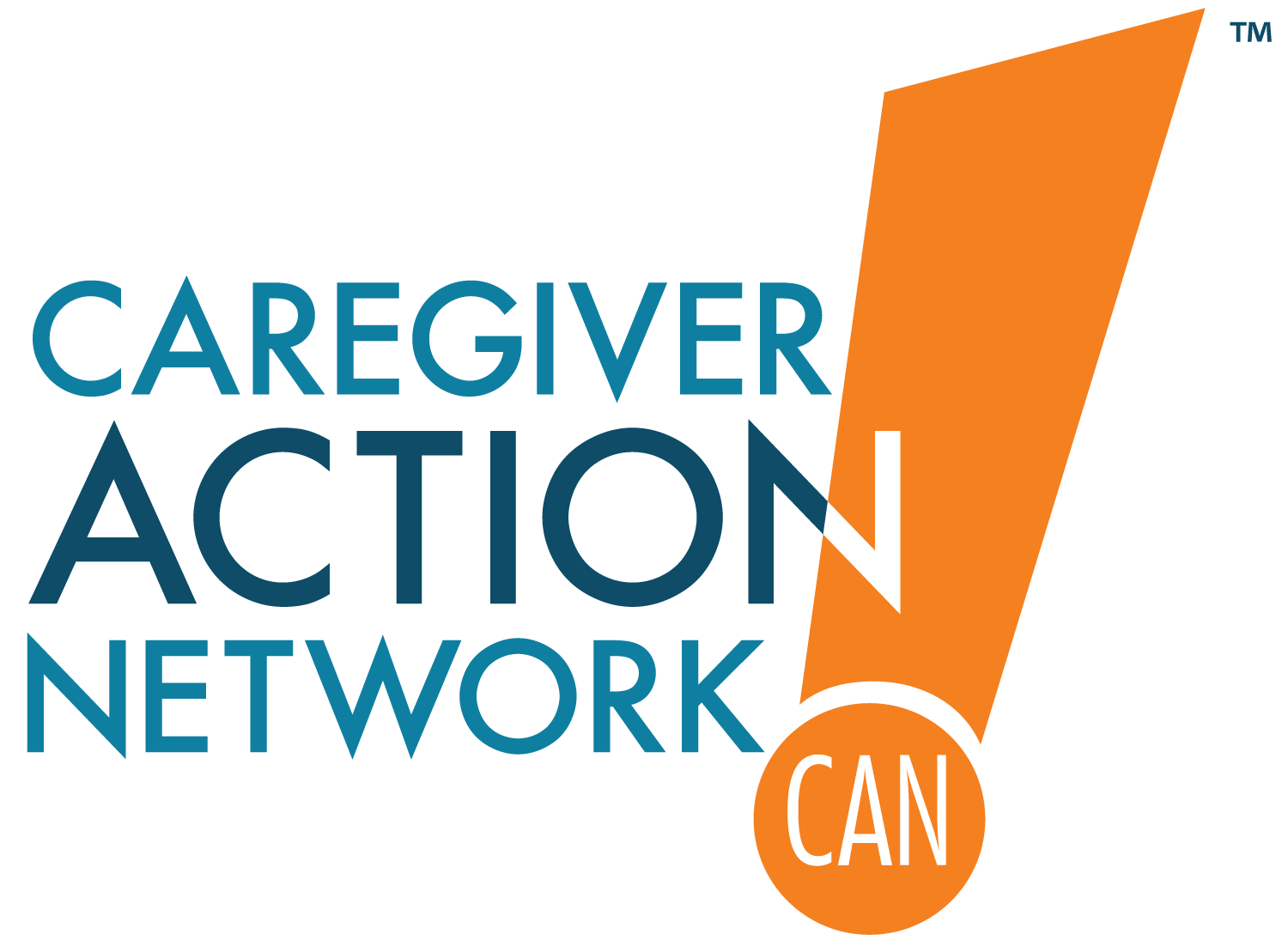Music therapy can reduce disruptive behaviors, anxiety, and depressive mood.
Music evokes emotions and memories, so musical intervention can have therapeutic benefits for people with Alzheimer’s.
Musical interventions have decreased a patient’s agitation and improved communication and caregiver relationships.
One suggestion is to play music from your loved one’s teens or early 20s. You could create playlists of songs that would speak to your loved one and that they enjoy, maybe targeted for different situations like this one.
Art can allow people with Alzheimer’s an outlet they may not otherwise have, especially if they have speech or language problems.
During creative activities, people tend to focus and become more present.
The creative process can provide a calming and engaging activity, allowing individuals to express themselves and potentially reduce anxiety and frustration.
Studies suggest that art therapy may help evoke positive memories, stimulate cognitive function, and improve overall well-being in Alzheimer’s patients, potentially decreasing agitation.
For people with Alzheimer’s, art activities that are simple, familiar, and visually stimulating are generally better. The tactile experience of creating art using different textures and colors can provide sensory stimulation that is calming and engaging for people with Alzheimer’s.
Paint-by-number kits, coloring books, sculpting with clay, or even collage-making are good options. Writing poetry may also give your loved one a way to express themselves.



